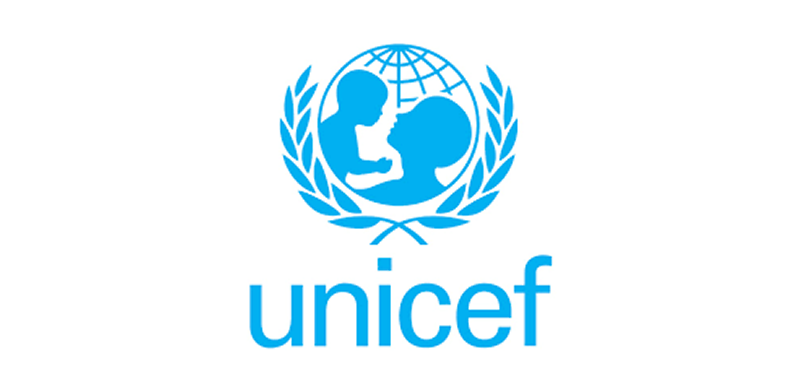The United Nations International Children’s Fund (UNICEF) has urged governments and education stakeholders in Nigeria’s Southwest region to intensify efforts on retaining students in school, ensuring their smooth transition, and promoting the completion of secondary education.
During a two-day regional stakeholders’ meeting focused on the issue of out-of-school children in Ekiti, Lagos, Ondo, Osun, Ogun, and Oyo States, UNICEF expressed its readiness to partner with these states to tackle the growing challenge. The meeting, held in Ibadan, highlighted the critical need for a concerted effort to address the problem of student retention.
UNICEF Education Specialist Babagana Aminu emphasized that while the percentage of out-of-school children in the Southwest averages about eight percent across the states, the more pressing issue lies in the retention rates of those who do enroll. “It’s not just about getting children into school; it’s about keeping them there and ensuring they complete their education,” Aminu stated.
He further recommended the development of multiple education systems or learning pathways tailored to address the unique challenges faced by each state, especially in terms of primary to secondary school transitions. Aminu called for urgent action in enhancing 21st-century skills, foundational literacy, and transferable skills essential for thriving in today’s world.
Azuka Menkiti, another UNICEF Education Specialist, urged stakeholders to secure adequate funding for secondary education and emphasized the importance of gathering reliable data to advocate for support from state governments and donor agencies. She also highlighted the need for community and religious leaders to help shift social norms that prevent children from attending school.
Menkiti shared insights from UNICEF’s decade-long interventions in girls’ education, which have successfully kept more girls in school. “Our focus is on those at risk of dropping out and those who might not complete secondary education,” she noted, stressing the importance of equipping students with the necessary skills for success in life.
Muhammed Okorie, a UNICEF Programme Officer, explained that the workshop aimed to design effective models for each state to improve student retention and ensure the completion of education.
In his welcome address, Oyo State’s Commissioner for Education, Prof. Salihu Abdulwaheed, described the out-of-school children issue as embarrassing and called for a holistic approach to tackle it. He noted that a significant number of out-of-school children in Oyo State were non-indigenes, but assured that efforts were being made to improve the situation.
Echoing similar concerns, Ekiti State’s Commissioner for Education, Dr. Olabimpe Aderiye, acknowledged that each state and region faces unique challenges regarding out-of-school children. Ogun State’s Commissioner for Education, Science, and Technology, Prof. Abayomi Arigbabu, and Ondo State’s Commissioner for Education, Science, and Technology, Mr. Laolu Akindolire, both affirmed their states’ commitment to addressing the factors contributing to school dropouts.
The meeting underscored the need for collaborative efforts between governments, stakeholders, and communities to ensure that children in the Southwest region have access to and complete their education.

